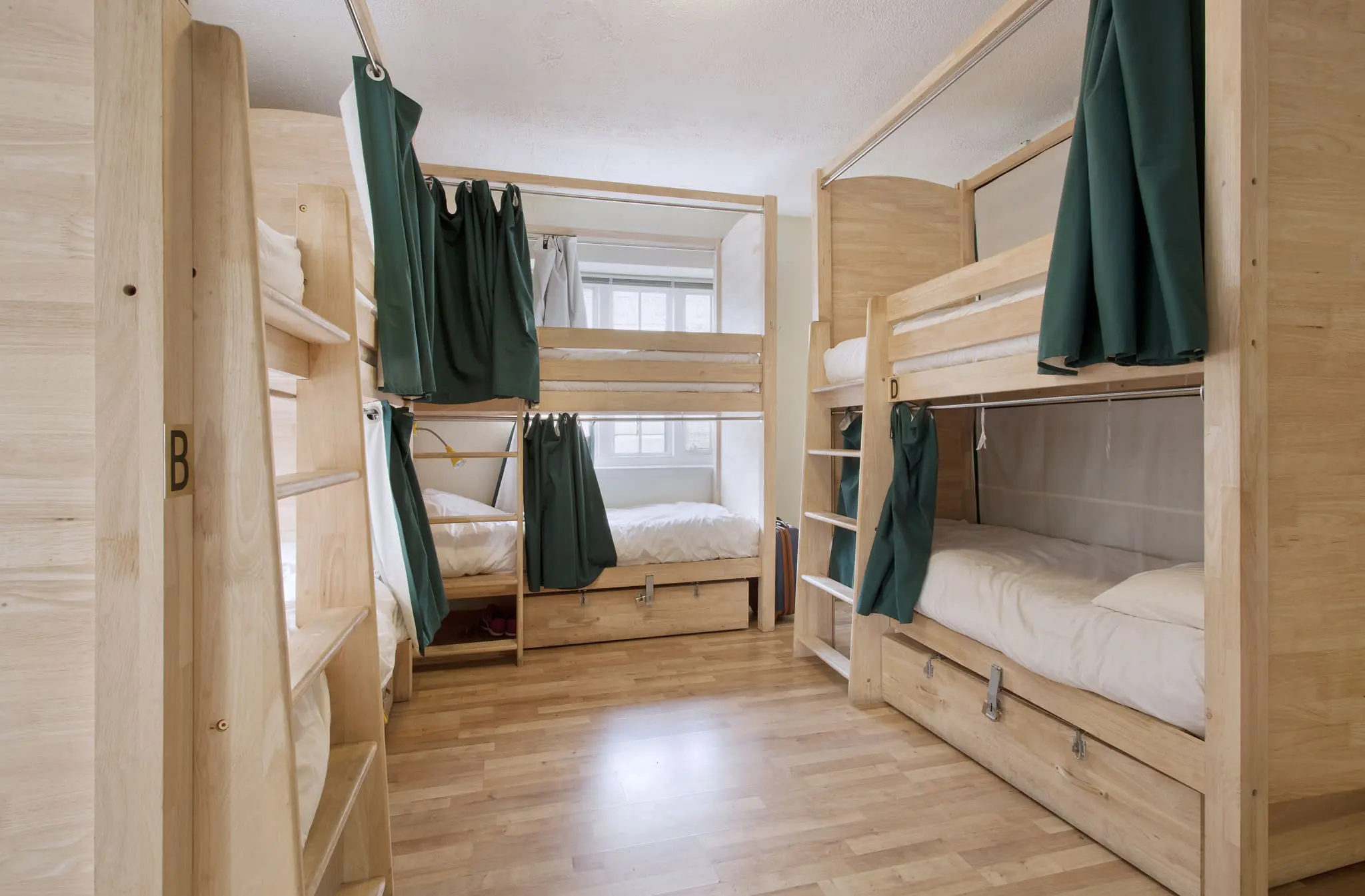Travel
Accessible Travel Tips for Those with Extra Needs

Choosing the Right Hostel
When booking a hostel, it's important to find one that suits your needs. Use Hostelworld to filter for wheelchair accessibility and read hostel descriptions and reviews to learn more about their facilities. Consider choosing a hostel with ground floor rooms and curtains on dorm beds for those with physical disabilities. And don't be afraid to email the hostel ahead of time to explain your needs and request accommodations.
Communicating Your Extra Needs
If you have allergies, disabilities, or other extra needs, it's a good idea to inform those around you, including your accommodation, places where you eat, and guided tour providers. Before your trip, save translations of your needs on your phone for easy communication. For example, if you have a nut allergy in Thailand, having a note to show restaurants and street food vendors can help keep you safe. This can also be helpful for those with non-visible disabilities, like Deaf solo traveler Melisa, who uses notes to explain her needs for extra assistance on guided tours.
The Hidden Disability Sunflower Initiative
The Hidden Disability Sunflower is a recognized initiative for those with hidden disabilities or extra needs. It's a discreet way to let staff in airports, transportation, and hospitality know that you may require extra assistance. The initiative offers options like lanyards, pins, and bracelets to signal your needs. Started in Gatwick Airport, it has been adopted by businesses globally. Visit their website for a list of participating airports and businesses.
Airport Assistance
Many airports have special assistance desks to help navigate your way and provide designated seating areas for those who need it. For neurodivergent travelers, airports can be overwhelming, so consider bringing noise-cancelling headphones, fidget rings, blue light glasses, and comfortable clothing to manage sensory overload. Some airports even have sensory rooms designed for individuals with autism and other special needs. And for those traveling with physical disabilities, take removable parts of your aids on the plane and consider bringing a maintenance kit.
Inclusive Toilets
For those with health conditions and LGBTQIA+ travelers, finding inclusive and accessible toilets is essential. Google has introduced tags for transgender safe spaces and gender-neutral restrooms on their Google Business listings, but not all businesses may be aware of them. Websites and apps like Refuge Restrooms and the National Public Toilet Map in Australia provide listings of safe restrooms for transgender, intersex, and gender nonconforming individuals, as well as wheelchair accessibility details.
Know Your Limits
It's important to understand and respect your own limits while traveling. Don't feel pressured to party for days on end if it drains your energy. If you've walked a lot one day, take a break and have a relaxing evening at the hostel instead of pushing yourself too much. Travel at a pace that works for you and prioritize your well-being.
Travel is becoming more accessible, but there is still work to be done. Regardless of your needs, don't let them deter you from exploring the world. With the right preparations and accommodations, you can have an amazing travel experience.
Hello! I’m Roger Jenkins, your go-to source at ReportingTheNews.com. I’m a USC graduate who combines journalistic precision with a Trojan’s passion. Based in sunny Los Angeles, my days are filled with more than just sunshine; they’re about capturing stories that resonate.
Beyond the newsroom, I’m an avid triathlete. Swimming, cycling, and running are more than just sports to me; they embody my commitment to discipline, focus, and a healthy dose of competition.
My love for travel takes me far and wide. Guadalajara, with its vibrant culture and unforgettable tacos, has a special place in my heart. I’m always searching for the next great story or a hidden culinary treasure.
At home, Nala, my energetic pet, is my constant companion. Together, we’re known in our neighborhood for our morning runs and evening strolls.
I’m driven by a belief in the power of storytelling to unite communities. Join me as we explore impactful narratives and stay updated with the latest news. You’ll also get a peek into my sports passions and travel escapades.
Want to get in touch? Follow me on Instagram for more insights and updates.